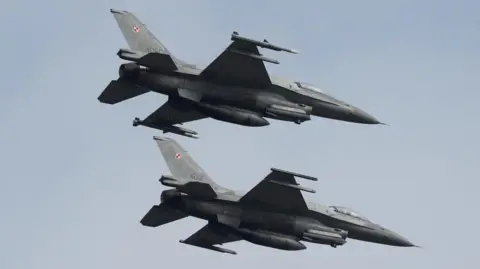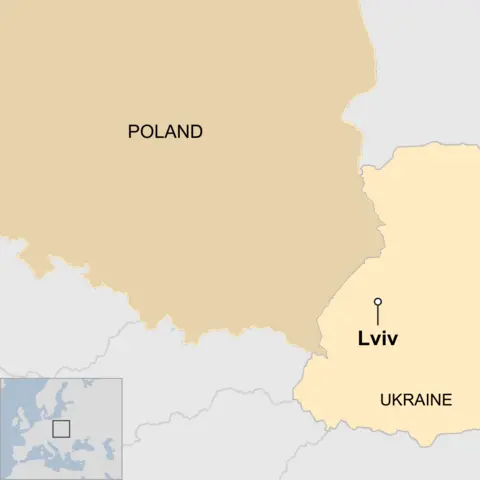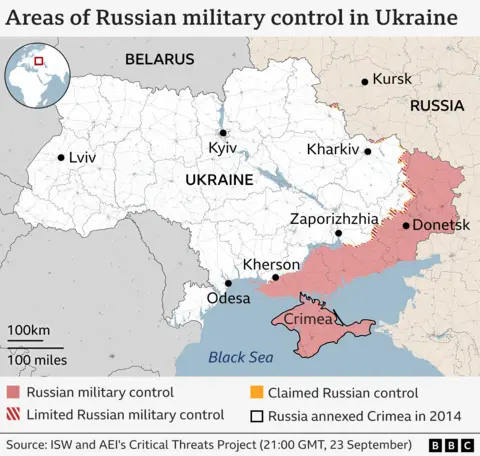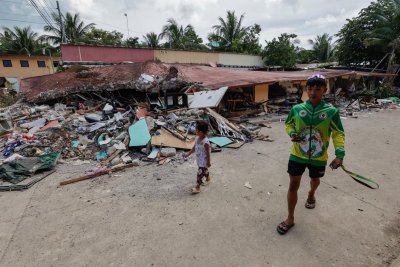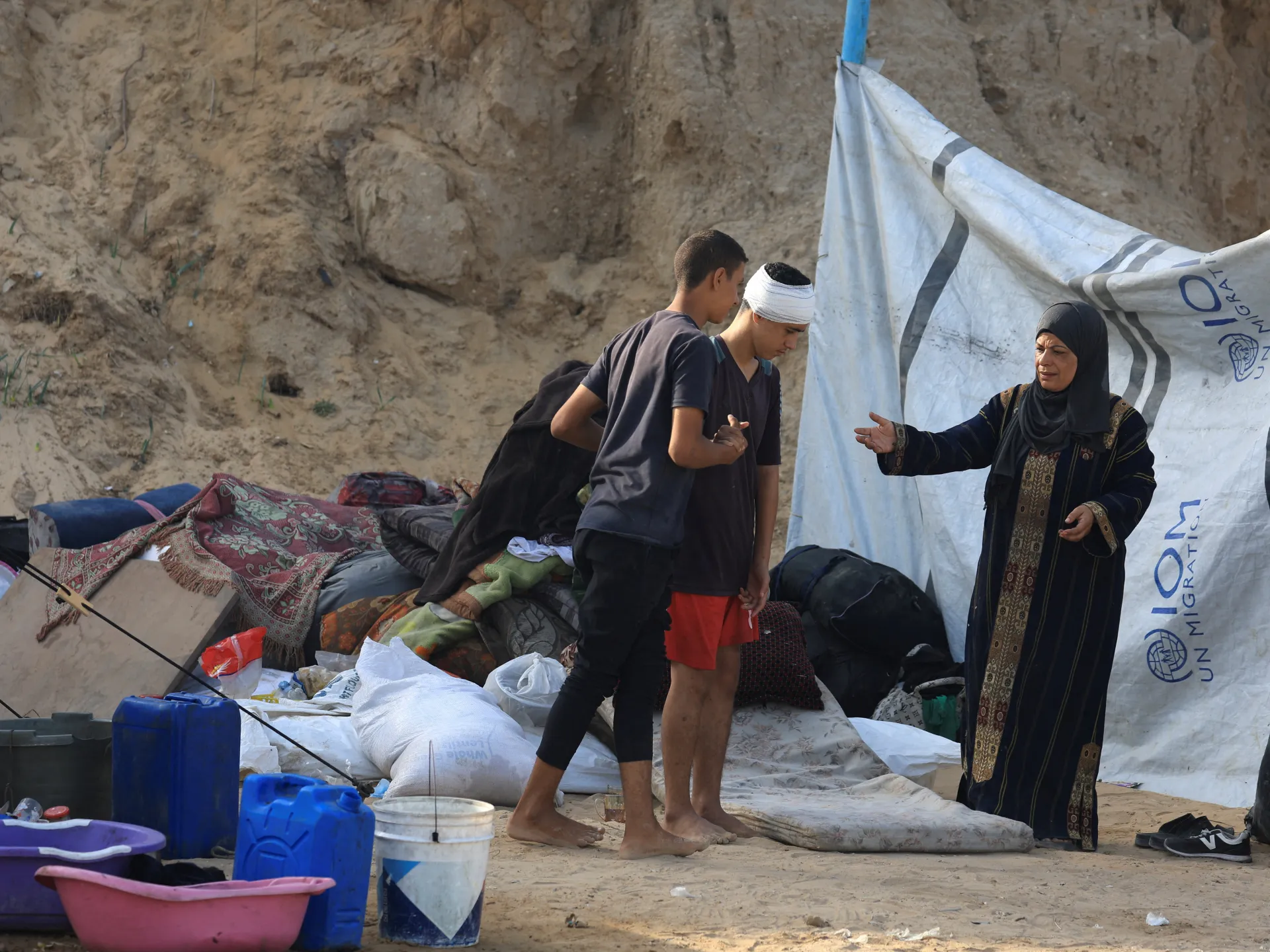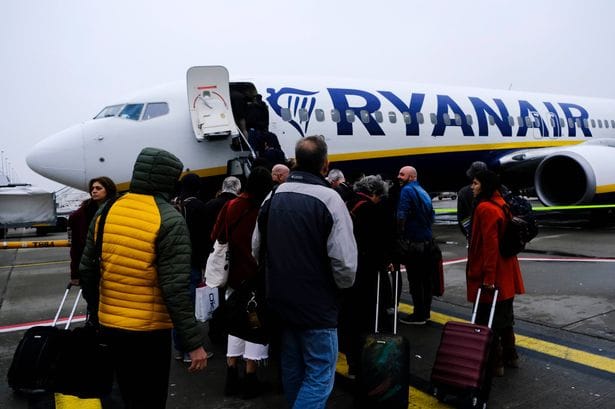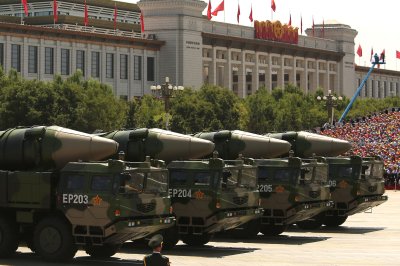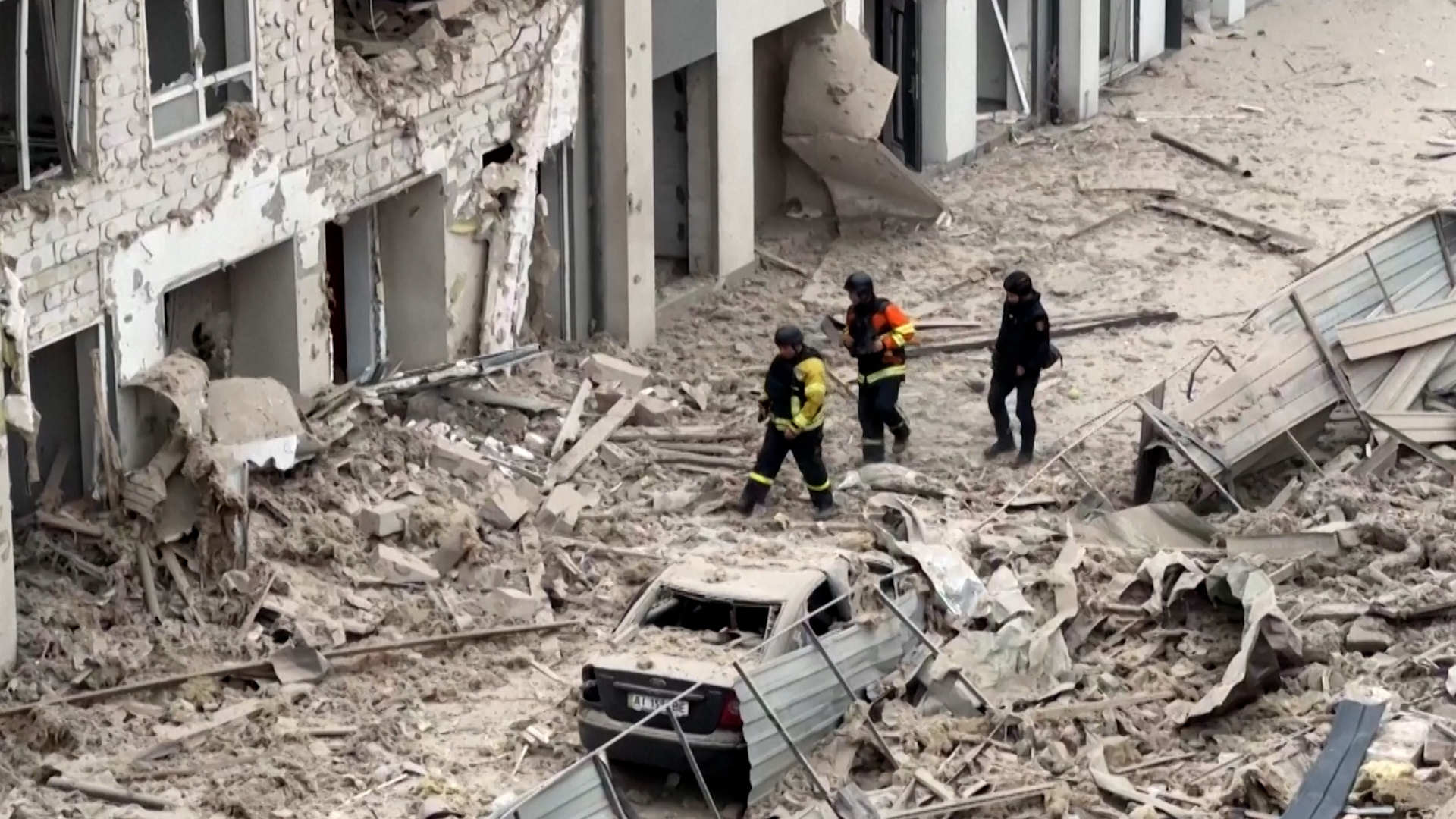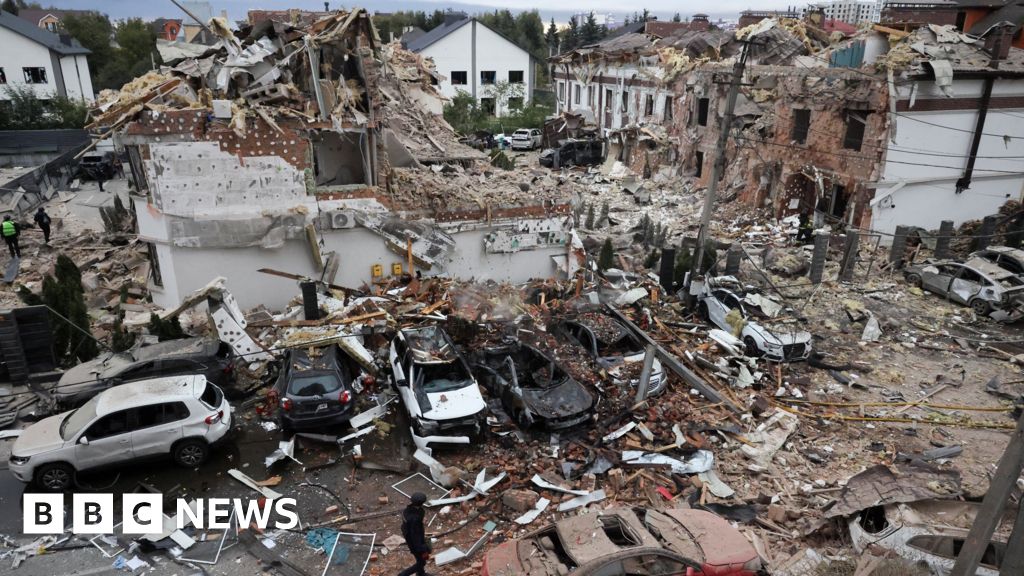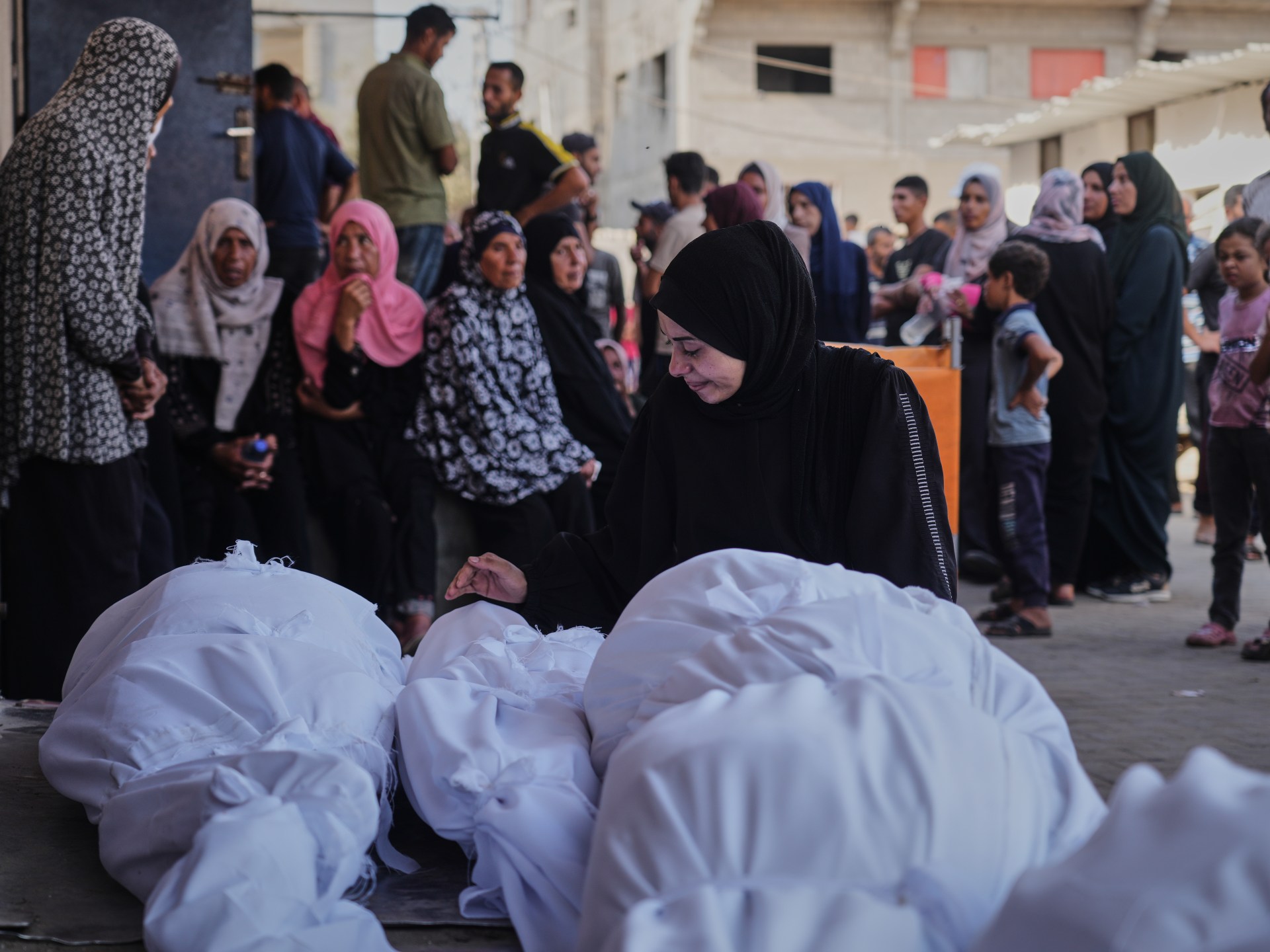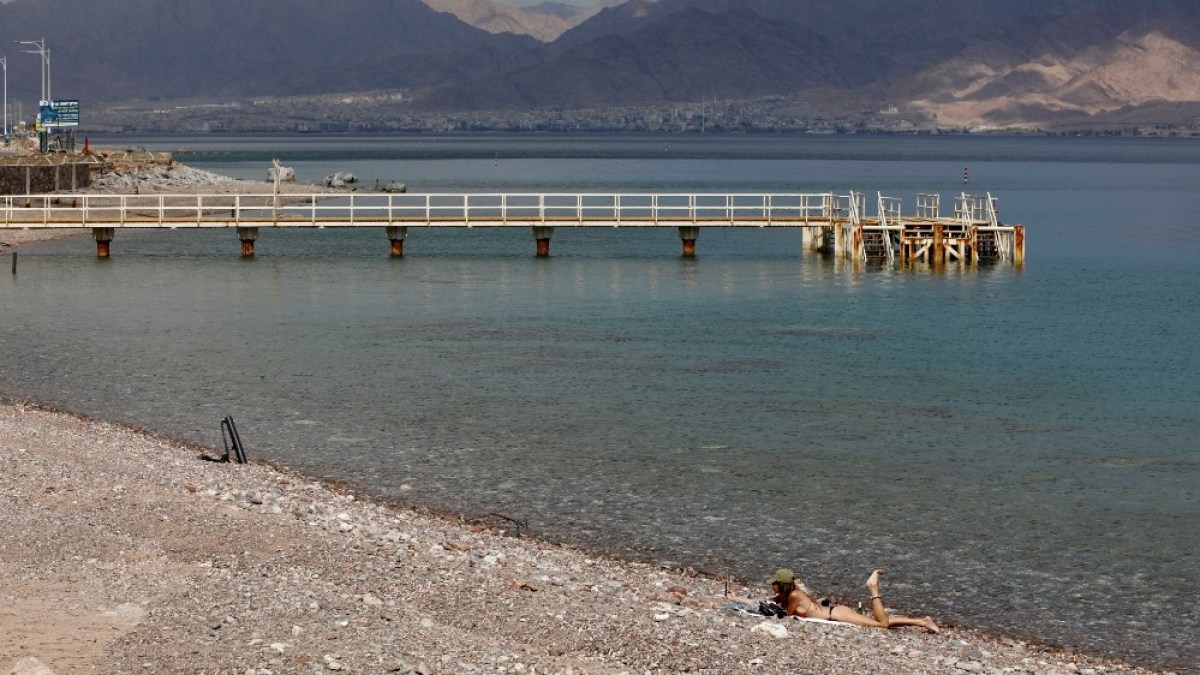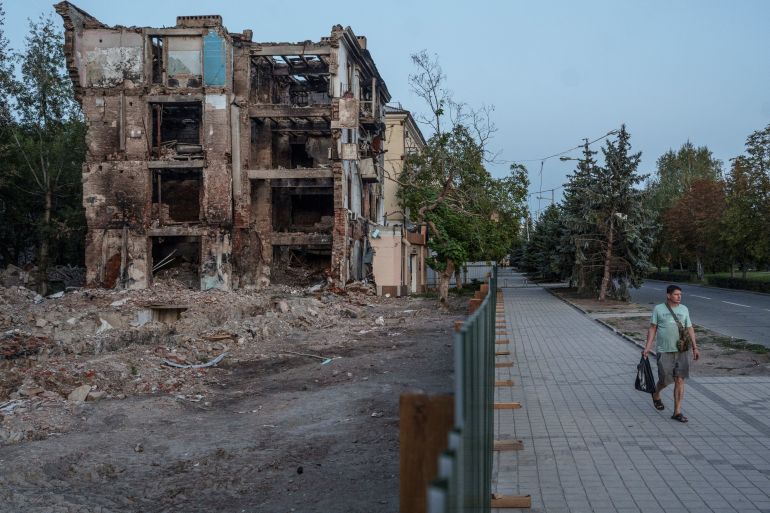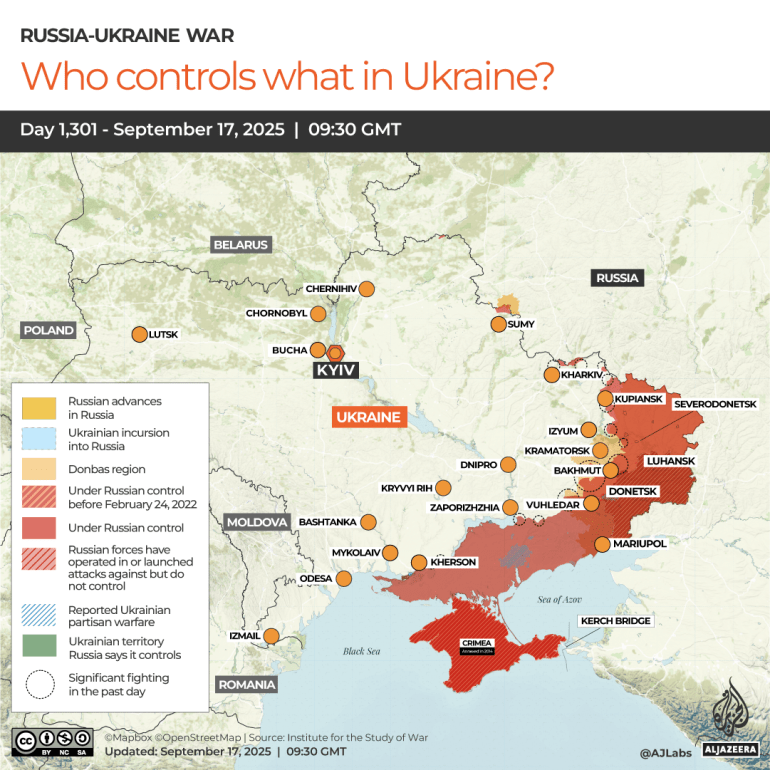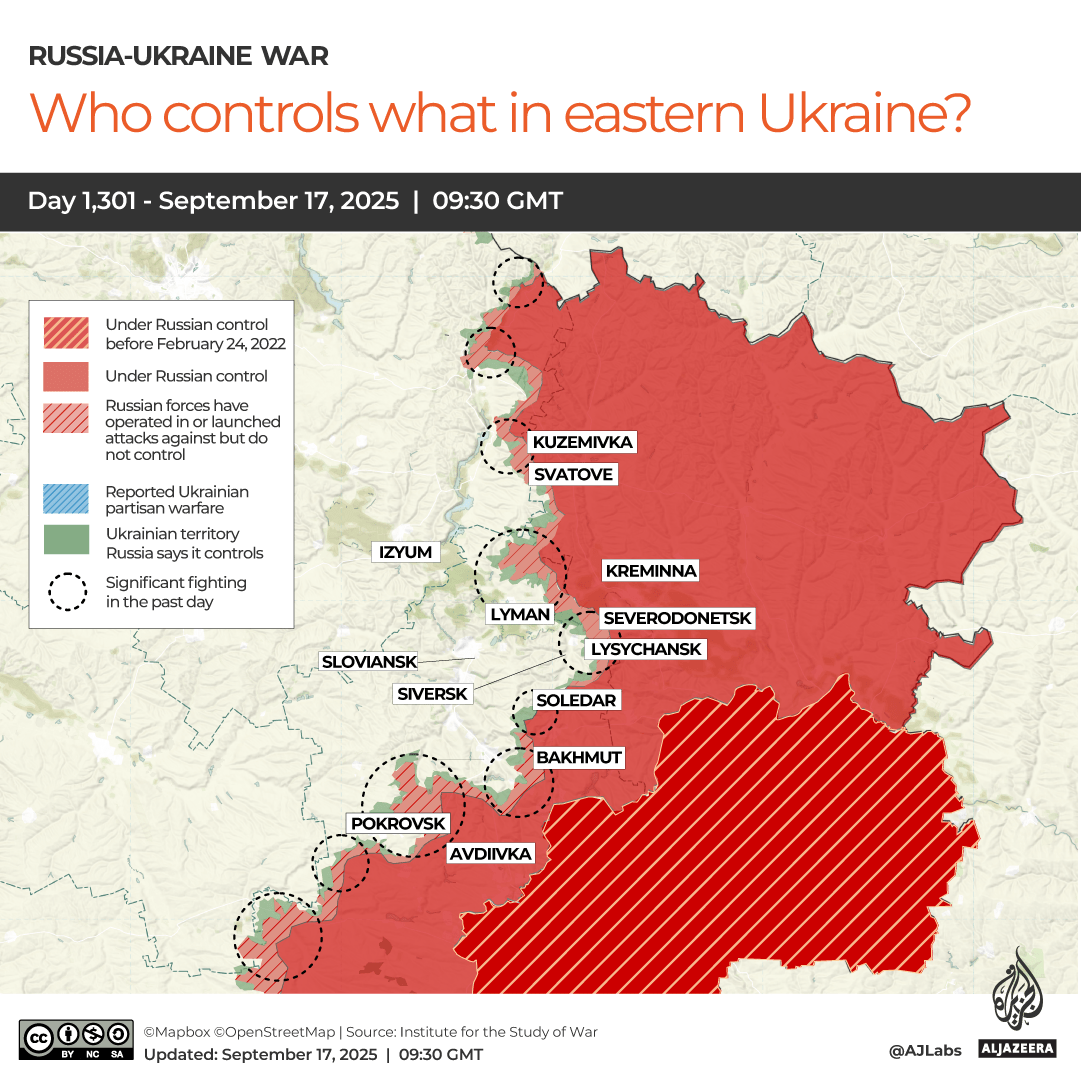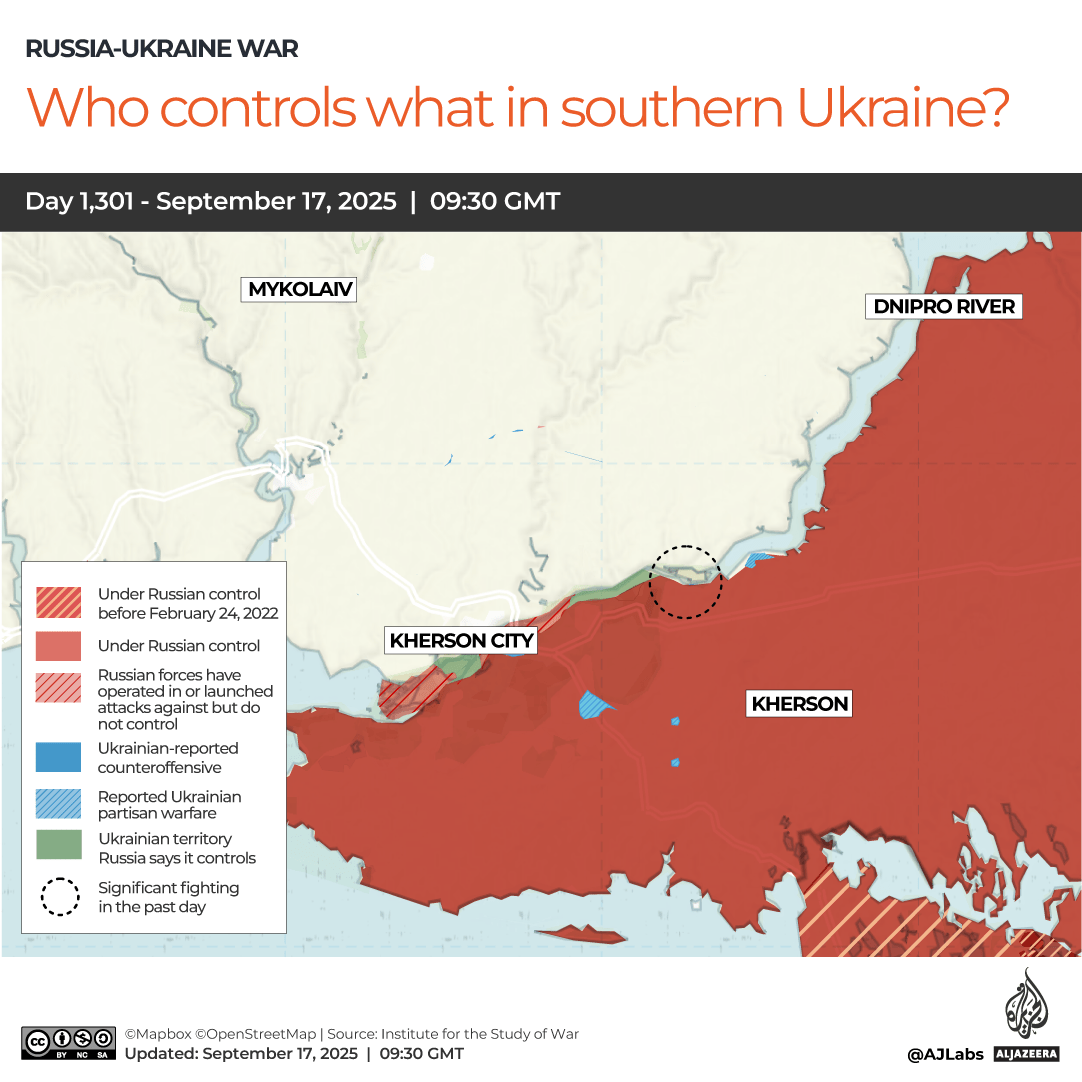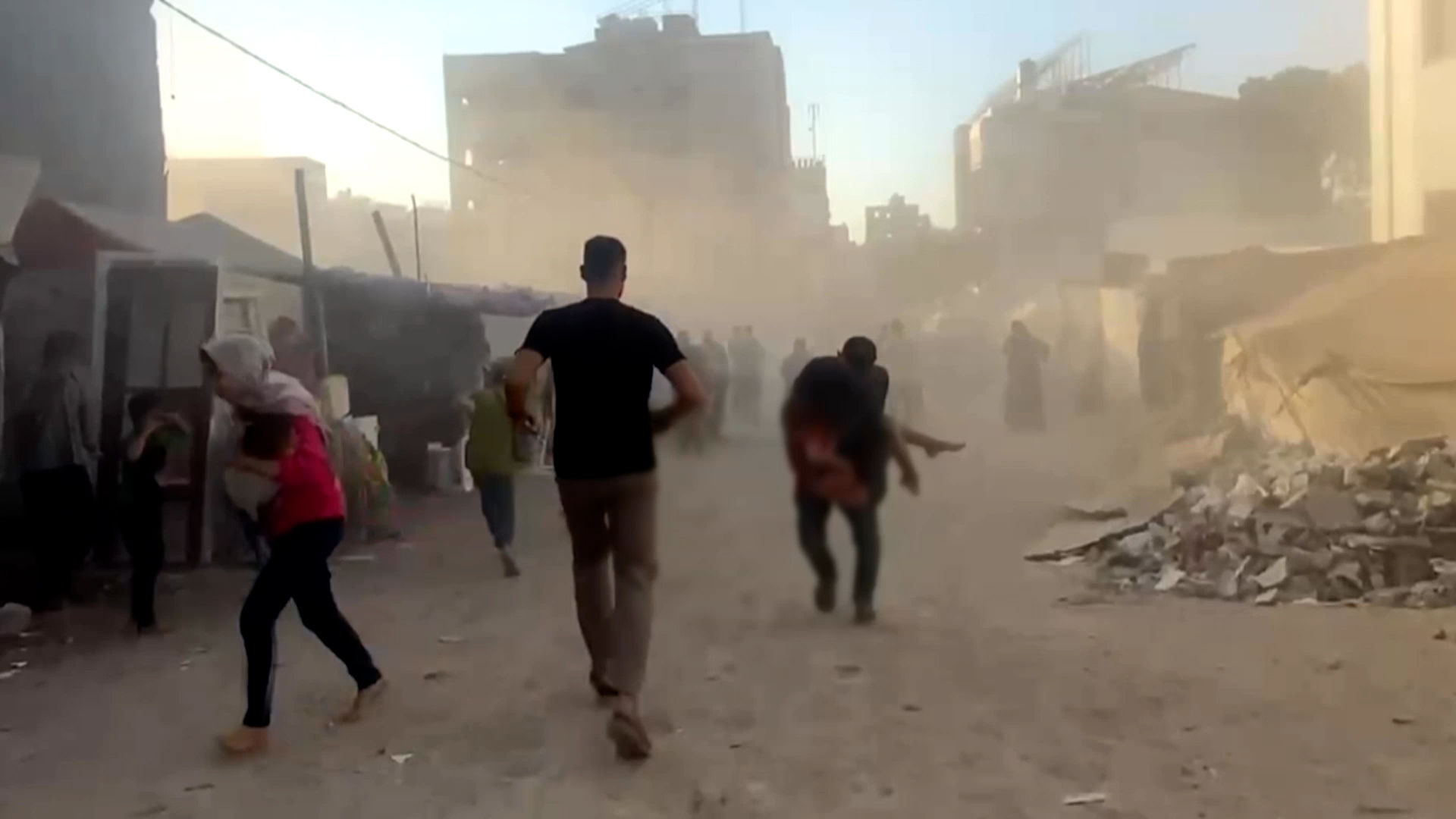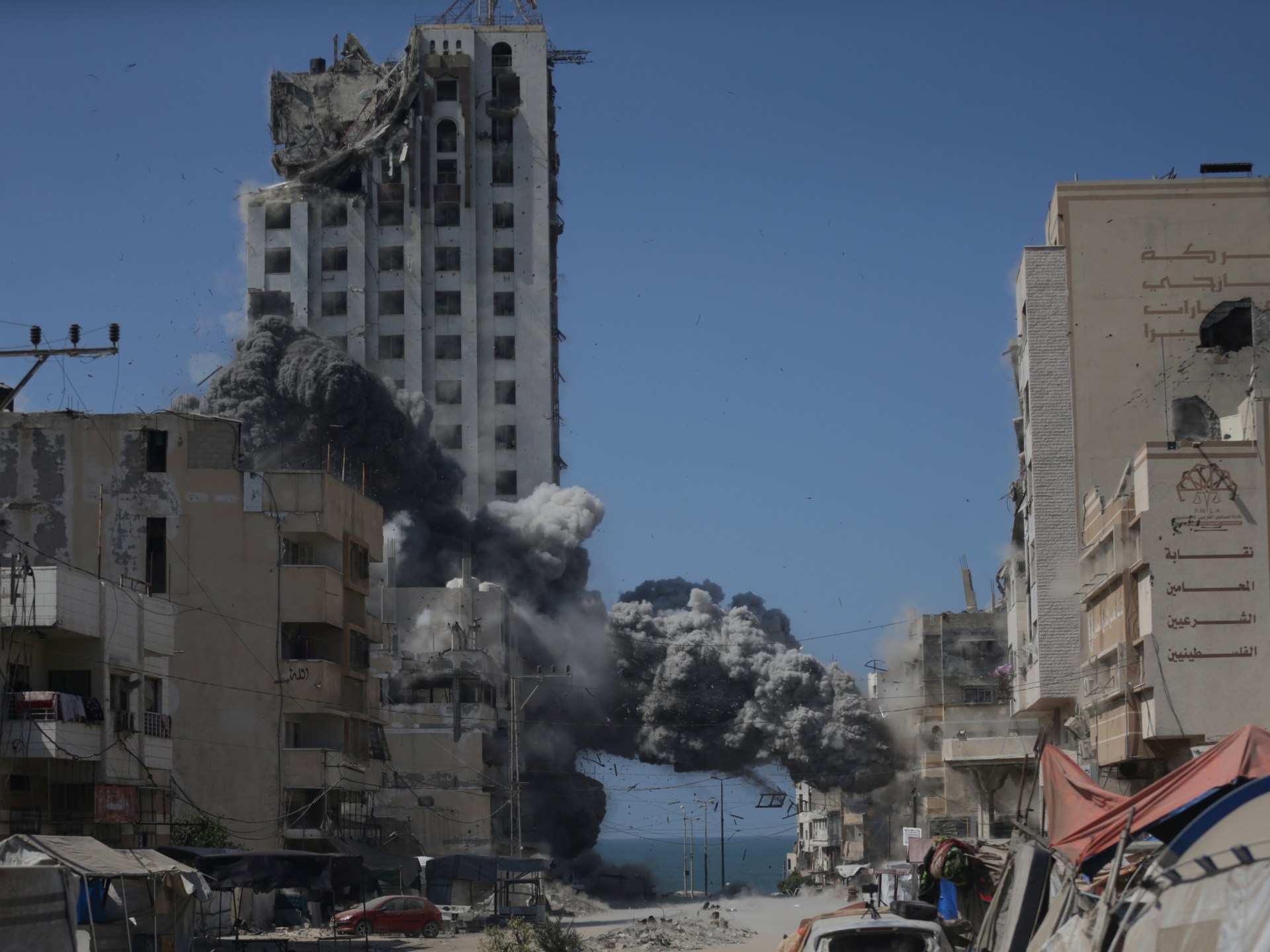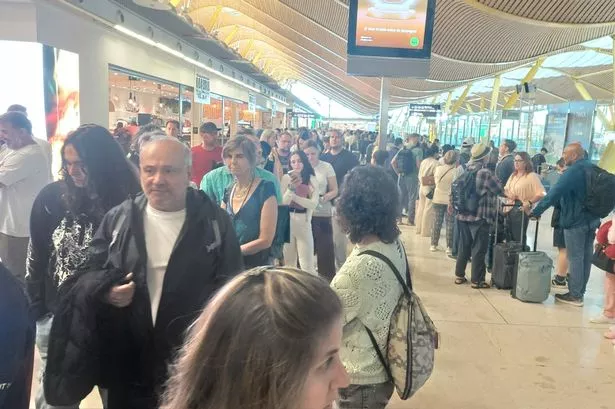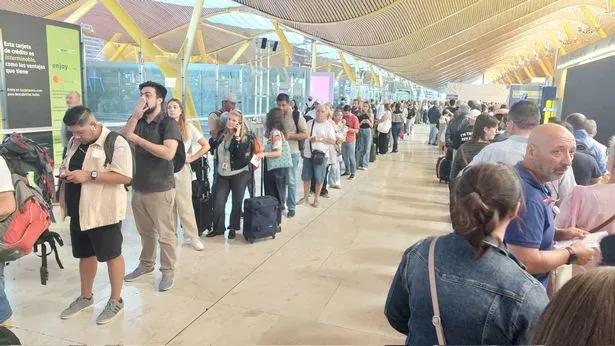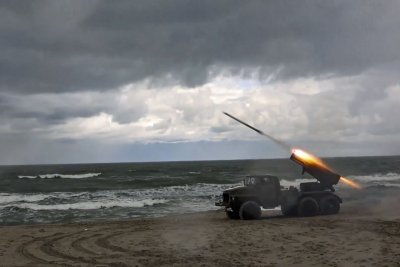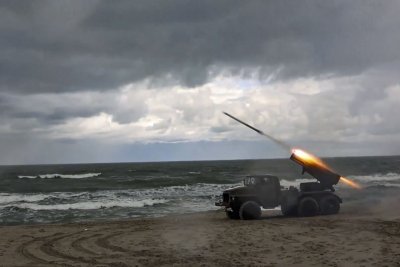Airlines will not know exactly how many flights they need to cancel until the action is confirmed and almost underway, but Ryanair CEO Michael O’Leary said he expects Ryanair to be told to cancel up to 600 daily, affecting up to 100,000 passengers.
Ryanair and easyJet have issued warnings to passengers ahead of a run of disruptive strikes that could impact more than 100,000 passengers.
The main French air traffic control union, SNCTA, has announced a strike scheduled from 7 to 10 October 2025, which is expected to trigger a large number of flight cancellations and delays throughout western Europe.
Airlines will not know exactly how many flights they need to cancel until the action is confirmed and almost under way, but Ryanair CEO Michael O’Leary said he expects Ryanair to be told to cancel up to 600 daily, affecting up to 100,000 passengers.
He said: “We cannot have a situation in the EU where we have a single market yet we close that market every time the French go on strike. They have the right to strike, but if flights are to be cancelled they should be flights arriving to and from France. They should not be overflights.”
Have you been impacted by the strikes? Email [email protected]
READ MORE: European Christmas market deals you can start booking now including Prague and CologneREAD MORE: Ryanair to cancel 600 flights in blow to 100,000 passengers on major holiday routes
The union’s reasons for striking include concerns over air traffic control governance, highlighting “mistrust, punitive practices, and harsh managerial methods,” along with demands for pay increases to offset inflation.
Kenton Jarvis, CEO of easyJet, said: “While this is outside of our control, we will be doing all we can to minimise the impact this will have on our customers. Our passengers and crew have been impacted by ATC related disruption for too long and so a solution must be found.
“We are calling on the new head of the French aviation authority to urgently address this issue by building more resilience into the system and crucially, by protecting overflying on strike days to ensure the travel plans of passengers whose flights do not take off or land in France are not needlessly ruined.
“We need action on this now, so the rest of Europe is not held hostage when French Air Traffic Controllers go on strike.”
This industrial action is likely to cause major disruptions, especially affecting flights crossing French airspace, with past strikes having resulted in thousands of cancellations and substantial costs for the aviation sector.
By law, airlines must reroute passengers and provide accommodation and meals for cancelled flights, regardless of the strike’s cause—though managing these obligations becomes difficult during widespread disruption.
Latest analysis by AirAdvisor shows the strike will impact over 129,600 UK passengers, with mass cancellations expected on routes to Spain, Italy, France, and beyond. AirAdvisor expects a 50-60% disruption rate, which means 240 UK flights per day or over 720 flights to and from the UK will be disrupted, affecting 129,600 Brits over three days.
According to AirAdvisor, the routes that are most vulnerable to being disrupted are:
UK to Spain (all routes except northern Spain via the Bay of Biscay)
UK to Portugal (including Madeira and Azores)
UK to Italy (especially southern Italy)
UK to Greece (western routes)
UK to the Canary Islands
UK to Morocco and Tunisia
French airspace acts as Europe’s bottleneck. More than 30% of all UK-to-Mediterranean flights, and a huge chunk of UK-Spain, UK-Italy, and UK-Portugal routes, are about to face either outright cancellation or one to four hour delays. The disruption isn’t limited to French airports, but will affect every hub from Barcelona, Madrid, and Palma to Amsterdam and Brussels.
Airlines cannot simply fly around France as alternate, oceanic or North African routes add time, cost, and complexity. Fuel, crew, and slot constraints mean not every flight gets an alternative path.
Travellers headed to Spain and Portugal from London, Manchester, and Bristol are expected to be especially hard hit, with flights being axed at the last minute and others rerouted hundreds of miles out of the way, resulting in arrivals creeping into the early hours or simply overnighting at hubs.


